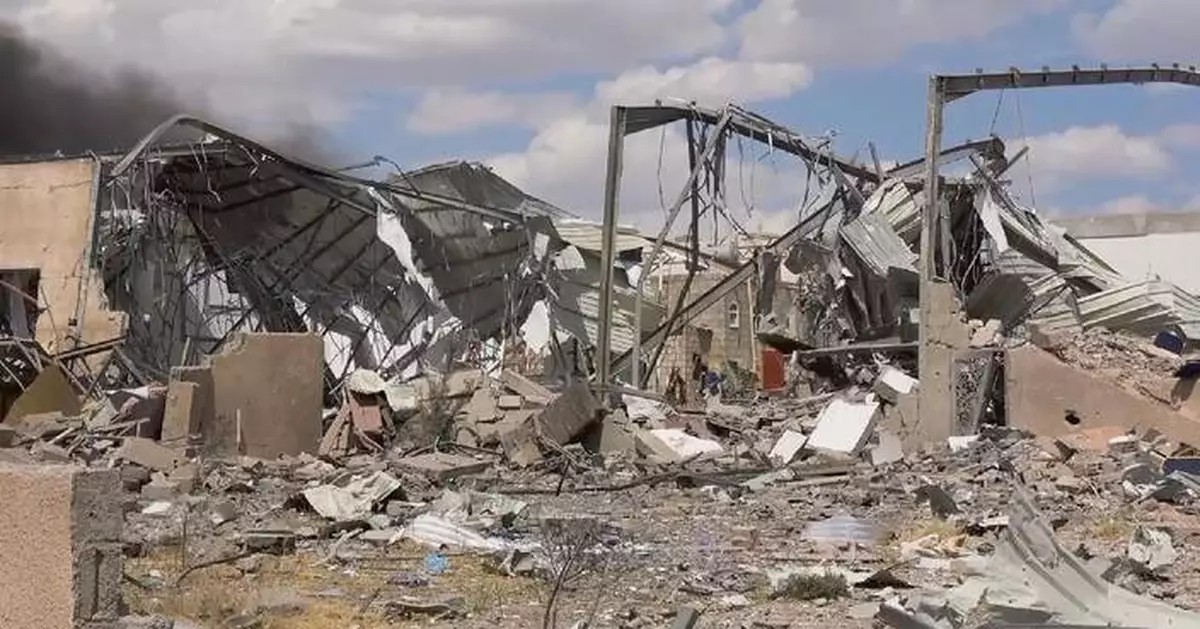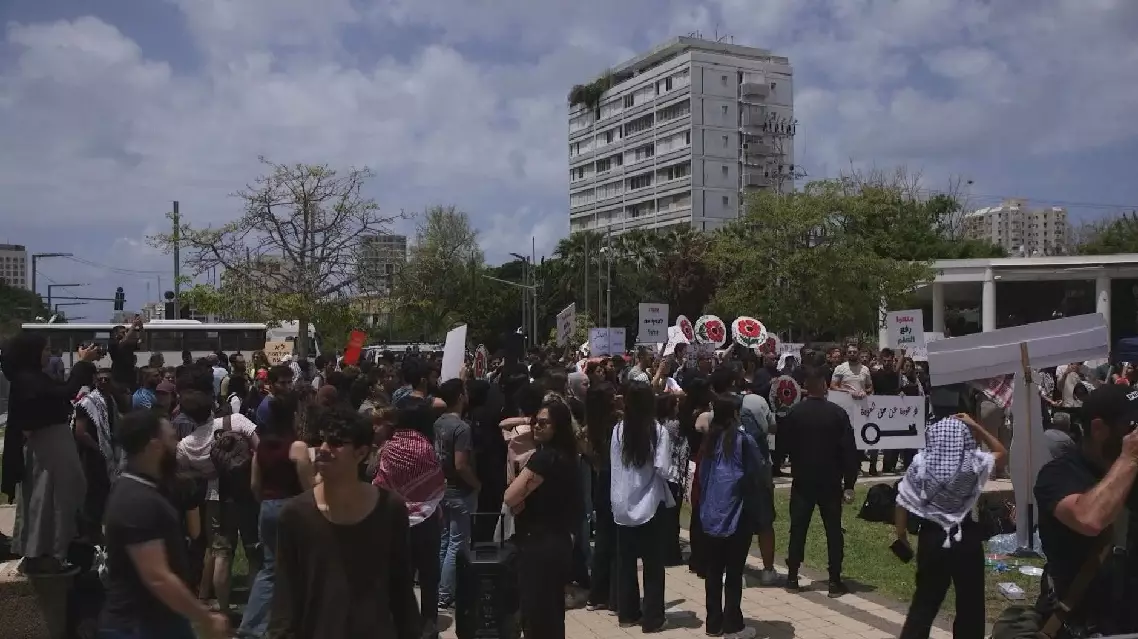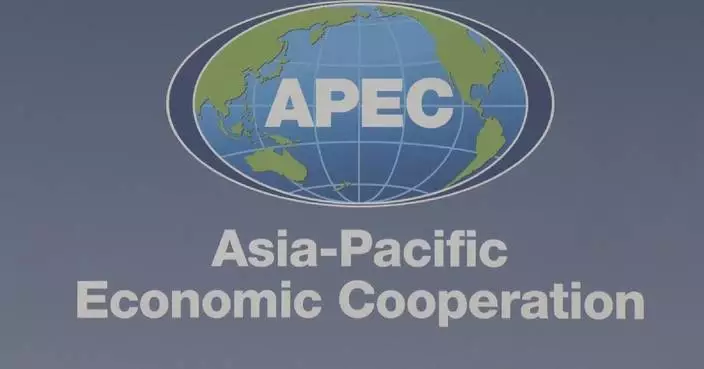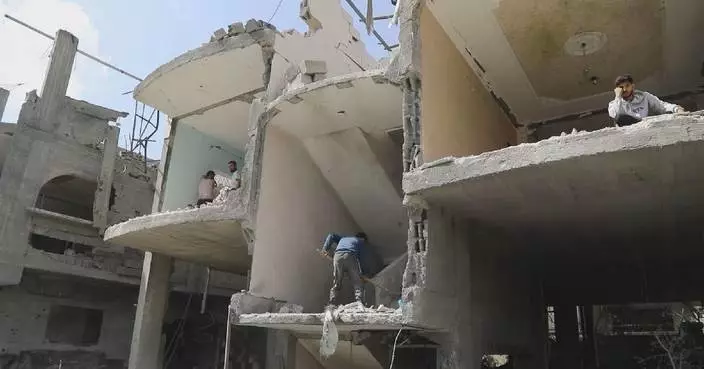Recent U.S. airstrikes and sanctions against Yemen have dramatically worsened the country's humanitarian crisis, with bombings causing widespread civilian devastation and economic restrictions accelerating poverty nationwide.
The U.S. airstrikes in Yemen have targeted numerous residential areas. Survivors have described how these attacks have not only caused damage to their homes but have also completely devastated their lives.
"The children were extremely frightened by the missiles that came suddenly, while people were safe in their homes. We came out to see what had happened, only to discover entire families -- women and children -- had been completely wiped out," said Waleed Al-Adibi, one of the survivors.
"We were safe in our homes, unaware there was any bombing. We live in a residential neighborhood -- there are no military camps near us, nothing at all. The first missile terrified all of us, and the second one completely blew the house apart," said Ismail Al-Harbi, another survivor.
Since the start of this year, U.S. airstrikes have continued to bring terror to the people of Yemen.
Additionally, the United Nations and the World Health Organization encounter mounting obstacles in assisting those in need, with reports of logistical and security challenges and aid workers at risk.
Yemen is currently experiencing its most severe humanitarian crisis in modern history, with millions of children suffering from severe malnutrition and thousands of families losing their sources of income. Poverty is rapidly spreading across the country.
"We're talking about full-scale suffering caused by the blockade and restrictions on Hodeidah Port. The first to suffer is the ordinary citizen. More than five million Yemenis now live below the poverty line, with almost no purchasing power," said Sanad Al-Sayyadi, a humanitarian and human rights activist.
Apart from the escalation in bombing, the U.S. has also imposed a series of new sanctions. These include limitations on fuel entering Hodeidah Port, which serves as Yemen's primary economic artery, supporting millions of people.
The U.S. stated that the aim is to weaken the Houthis and safeguard freedom of navigation in the Red Sea. But the Yemeni side denounced the airstrikes as a "direct assault" on Yemen's sovereignty. They stated that the strikes are a Western response to Yemen's support for Gaza -- and that its people are paying the price.
"This is savage. This is barbaric. This is unjustified aggression. The U.S. acts like it owns the seas and wants to control everything. It believes it is above international and humanitarian law -- above the International Criminal Court. That's why we try to respond in the strongest way we can," said Ali Al-Dailami, a member of the Houthi Political Bureau.
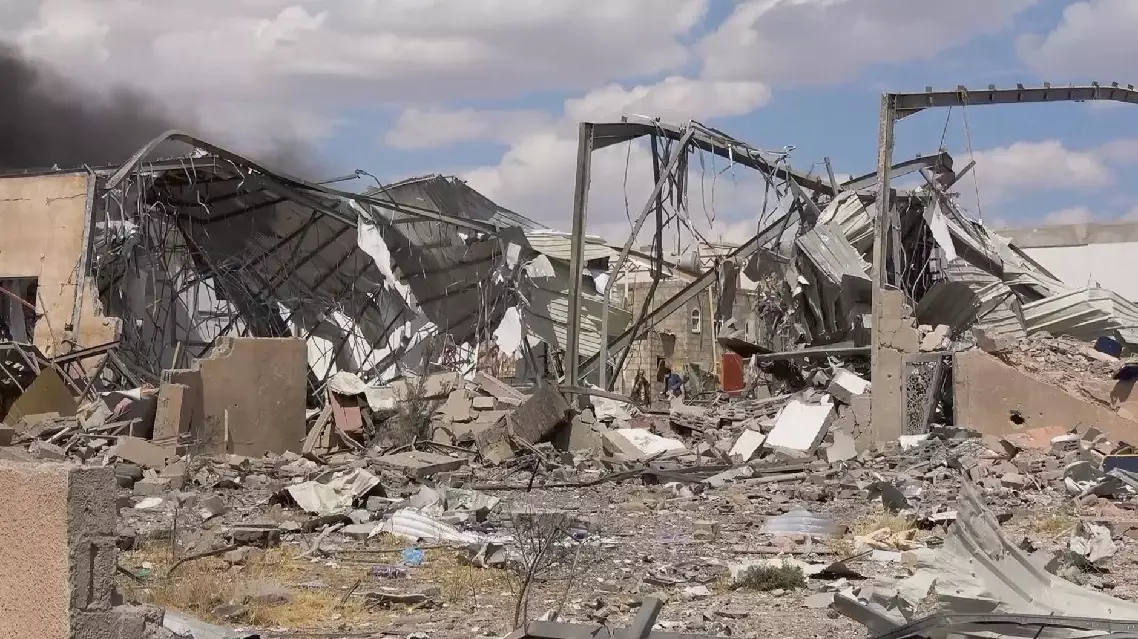
US airstrikes, sanctions deepen Yemen's humanitarian crisis


